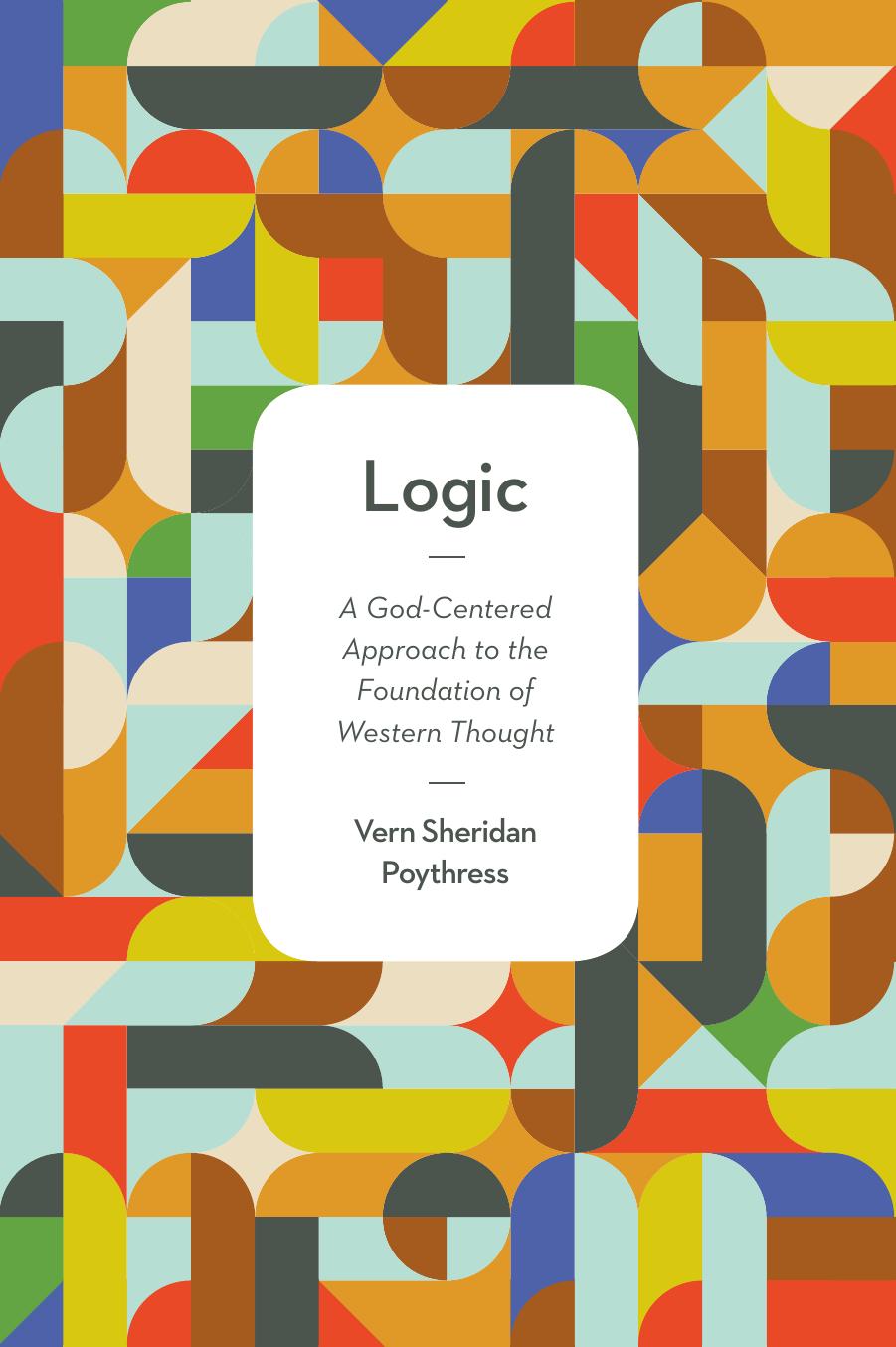Logic: A God-Centered Approach to the Foundation of Western Thought by Vern Sheridan Poythress

Author:Vern Sheridan Poythress
Language: eng
Format: mobi, epub, pdf
Tags: Religion, Philosophy, Christian Education, Christian Theology, Logic
ISBN: 1433532298
Publisher: Crossway
Published: 2013-02-27T05:00:00+00:00
Line (7): M is true for 4. (Modus ponens from (5) and (6).)
Using this kind of step-wise reasoning, we can, in a finite number of lines, establish the truth of M for any single number n. How do we know we can do it? Only by standing back and transcending the reasoning involved in any one line. We see a general pattern. We extrapolate.
But we are not yet done. What we want is not merely to establish the truth of M for the number 256 (let us say). We want to know that M is true for all numbers n. How do we do that? We cannot do it by modus ponens and substitution alone. We have to think and see a pattern.
We may put it more pictorially. We imagine ourselves traveling along the line of numbers, 1, 2, 3, 4, 5, and going on and on, never stopping. We have to imagine ourselves as achieving an infinite result, namely, checking out the truth of M for every single integer. But we do not need actually to do the checking on each number individually! That is the power of the principle of mathematical induction. We just do it once. We go from k to k + 1. We treat that one move as sufficient because we can see how things might go if we had infinite patience and infinite time and infinite resources.
That idea of going to infinity is actually built into us in our capacity for miniature transcendence. It is a gift from God who is infinite. It reflects our capacity as people made in the image of God to have a taste of infinity, a sense of the infinite, even though we are not infinite. It is wonderful. And it is useful! It saves us the trouble of checking out truth for each number individually.
Using Mathematical Induction
Now we are ready to use the principle of mathematical induction to assure ourselves that, no matter how long a list of deductions we produce, we always get theorems that are true. We chose as our property M the following: all theorems obtained by proofs consisting of n lines or less are always true (they are tautologies).
First, is the property M true for n = 1? A proof one line long is an axiom. We assume that we have checked by some other means that the axioms are true. So M is true for n = 1.
Second, assume that M is true for n = k. Then all theorems obtained from proofs k lines or less are true. Suppose we have a proof of k + 1 lines. The first k lines are all true, by assumption. Since the (k + 1)-th line is derived by valid principles from previous lines, it also is true. So all theorems derived from proofs of (k + 1) lines are true. We have now established both premises for mathematical induction. Therefore, all theorems obtained from proofs of n lines are true. But all theorems that can be derived at all are derived by proofs with a finite number of lines.
Download
Logic: A God-Centered Approach to the Foundation of Western Thought by Vern Sheridan Poythress.epub
Logic: A God-Centered Approach to the Foundation of Western Thought by Vern Sheridan Poythress.pdf
This site does not store any files on its server. We only index and link to content provided by other sites. Please contact the content providers to delete copyright contents if any and email us, we'll remove relevant links or contents immediately.
Habits of Grace by David Mathis(1976)
Anxious for Nothing by Max Lucado(1968)
A Prophet with Honor by William C. Martin(1718)
Peace with God by Billy Graham(1683)
Long Bright River by Liz Moore(1582)
Expectation by Anna Hope(1460)
Whisper by Mark Batterson(1452)
The Natural Sciences: A Student's Guide by John A. Bloom(1399)
The Wondrous Workings of Planet Earth by Rachel Ignotofsky(1346)
Fortitude by Dan Crenshaw(1199)
Taste and See by Margaret Feinberg(1124)
Your Story Matters by Leslie Leyland Fields(1104)
Answers Book for Kids, Volume 3 by Ken Ham & Cindy Malott(1102)
I Declare War by Levi Lusko(1089)
ST01 by Unknown Author(1068)
Everybody, Always by Bob Goff(1068)
If by Mark Batterson(1064)
The Case for Miracles by Lee Strobel(1039)
Power for Living by T. D. Jakes(1028)
